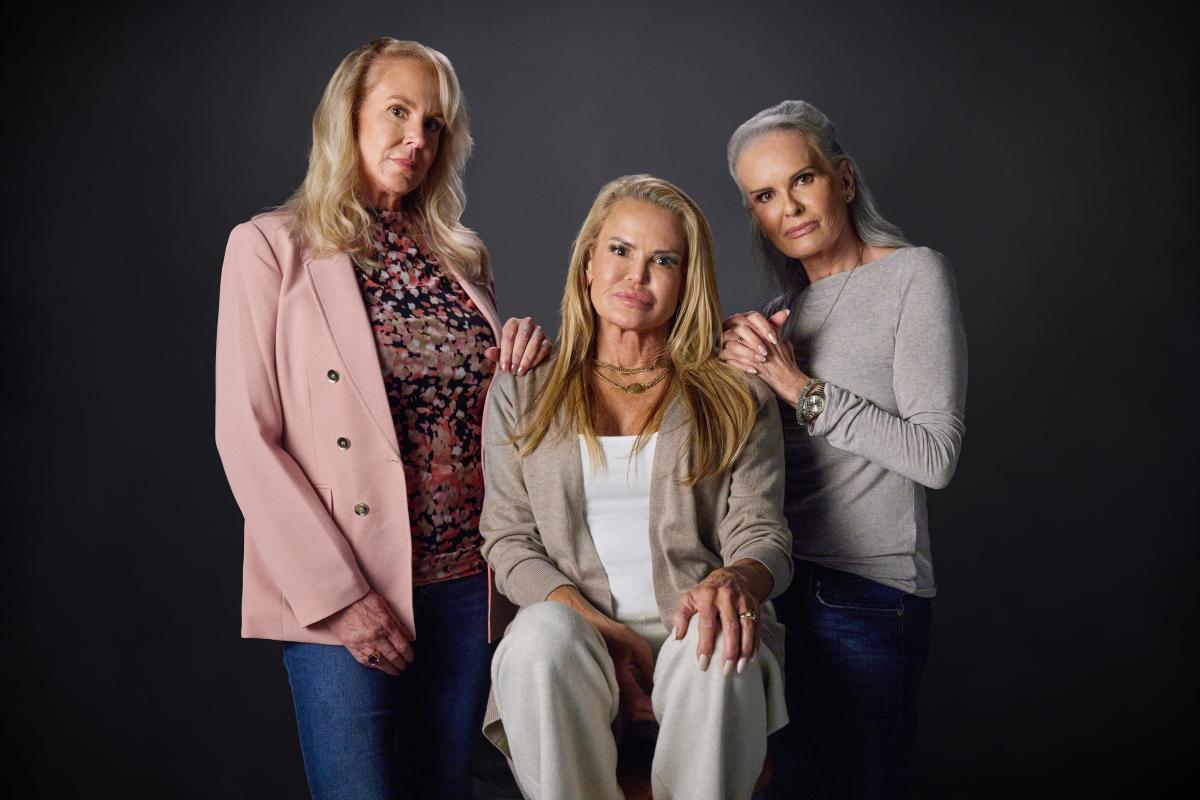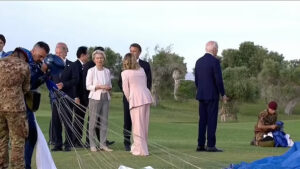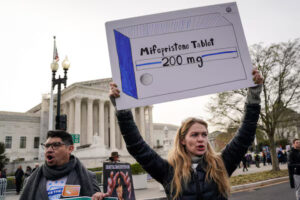In the conclusion of Lifetime’s docuseries “The Life & Murder of Nicole Brown Simpson,” the filmmakers delve into the aftermath of Nicole Brown Simpson’s tragic death at 35.
As recounted in the series’ first episode, O.J. Simpson’s ex-wife and her friend, Ron Goldman, were brutally stabbed outside her Brentwood home on June 12, 1994. The following year, Simpson was tried for their murders and was acquitted in a televised verdict that drew an estimated 150 million viewers.
“She’s that picture of mom of the year,” recalls Brian “Kato” Kaelin in the docuseries, referring to Brown Simpson’s two children with O.J., Sydney and Justin. Kaelin, who testified during the eight-month trial, was living in Simpson’s guest house at the time of her death.
Kris Jenner, who became close friends with Nicole because her first husband, Robert Kardashian, was a confidant of Simpson, shares that she still grieves Nicole 30 years later. “You never get over losing a friend that way, and I think I pack it down so far deep inside,” Jenner says of “one of the worst days I’ve ever experienced.”
Here are the most significant revelations from the second half of “The Life & Murder of Nicole Brown Simpson.”
Nicole’s Visitation: A Direct Question to O.J.
Dominique Brown, who participated in the docuseries along with her sisters Denise and Tanya Brown, recounts how Simpson asked her to accompany him to pay respects to Nicole at her visitation. “He grabbed my hand, and he took me over to Nicole, and we knelt there with Nicole,” Dominique says, tearfully. “And I knelt there with him in front of my dead sister.”
Nicole’s friend Robin Greer recalls Simpson standing over the casket and repeatedly apologizing, saying, “I’m so sorry. Nic, I’m so sorry.” Greer interprets Simpson’s apologies as an admission of guilt.
D’Anne Purcilly, a Brown family friend, recounts that Nicole’s mother, Juditha Brown, directly asked Simpson at the visitation, “Did you do this?”Purcilly recounts that Simpson looked down and said, “‘Dita, I loved her. I just loved her too much.’” Purcilly adds, “I thought he was about to confess, but he didn’t. He just kept repeating, ‘I loved her too much.’”
Dominique’s Mixed Emotions About the Verdict
While Tanya and Denise firmly believe Simpson is responsible for Nicole’s death, Dominique remains uncertain about his guilt.
“I knew that somebody was to blame, and I knew that somehow there was involvement” by Simpson, she explains. “I didn’t know to what extent. I still don’t know.”
Dominique describes her complex feelings when the not-guilty verdict was announced. “I was shocked. I don’t know. Relieved, disappointed, angry,” she reflects. “I mean, did you really want him to be guilty? Did you not want him to be guilty? It’s a tough question.”
Conversations with Sydney Simpson About Her Father
Denise recounts that after Simpson’s arrest, Sydney, then around 8 or 9 years old, was worried her father would be executed. As Denise tucked her in, Sydney asked, “’Is my daddy going to die?’ And I said, ‘No,’” Denise recalls. Sydney continued, “’Well, don’t they put people who kill other people — don’t they kill them?’ And I reassured her, ‘They’ve already said that they’re not going to do that, Sydney.’”
Purcilly also had a difficult conversation with Sydney after the child visited Michael Jackson’s Neverland Ranch with Simpson. Sydney asked if Purcilly’s kids could join them sometime. “I sat down with her,” Purcilly recalls, “and said, ‘Sydney, you need to understand that I can’t let my boys spend time with your dad. I believe he killed your mother, and I can’t put my children in that situation.’ She looked at me and simply said, ‘Yeah. Yeah, I know,’ before running out of the room.”
Reports of Violence After the Move to Florida
In 2000, Simpson moved to Florida with Sydney and Justin, but reports of trouble followed. In 2003, a distressed Sydney called Miami-Dade police after an argument with Simpson. The 17-year-old sought help for alleged abuse, but Simpson’s attorney, Yale Galanter, denied any incident and said Simpson wasn’t home when the 911 call was made.
This was not an isolated incident. A docuseries producer surprised Denise by revealing that filmmakers had found about 17 police reports of alleged incidents in Florida. “There was a series of 9-1-1 calls about violence inside the house,” the producer explains off-camera, noting that the calls were made anonymously. Law enforcement couldn’t take action because they couldn’t verify the allegations, the producer adds.






Be First to Comment